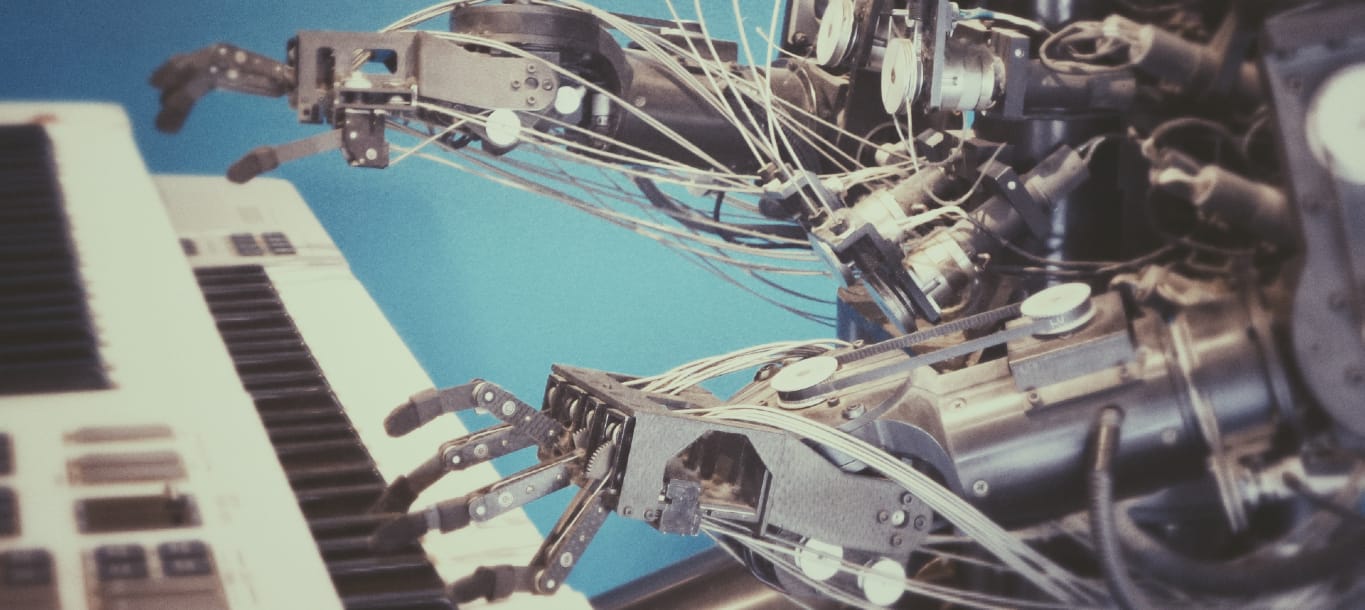What is artificial intelligence?
Artificial intelligence (AI) refers to the development of computer programs to demonstrate human intelligence, and perform tasks like humans. Developments in AI have resulted in highly complex computer programmes, which are capable of completing tasks quickly and efficiently. Sectors like health, cybersecurity and food processing are currently using AI to fulfil jobs that are too monotonous, labour intensive, or otherwise difficult for humans to do.
What does an AI engineer do?
AI engineers work to develop computer programs which have the same or similar capabilities as humans. Firstly, you’ll analyse the design and functionality of the human brain, giving you the tools to build computer programmes with the same intelligence as humans.
You’ll design and troubleshoot programmes that enable computers to perform complex tasks, such as predicting future events. For example, you could work with a meteorology company developing AI solutions. Research has shown that AI could help identify extreme weather conditions over a month in advance, giving communities more time to prepare.
What are the typical responsibilities of an AI engineer?
Day-to-day responsibilities include: understanding and applying computer science principles, such as algorithms, fine tuning the infrastructure needed to develop code, building algorithms based on statistical modelling, designing and engineering software, liaising with stakeholders to tweak the product, and implementing the designs necessary to improve existing products.
What’s the difference between machine learning and deep learning?
If you’re interested in AI, you might have heard about machine learning and deep learning. As an AI engineer, you can choose to specialise in either of the two subsets. Machine learning is a subset of AI, in which algorithms can modify themselves without human interventions, by feeding itself via structured data.
Deep learning is similar to machine learning, in the sense that algorithms are created and function in the same way. However, in deep learning, the algorithms are connected by networks (known as artificial neural networks), each providing a different interpretation of the data provided.
Let’s say you wanted two AI networks to understand the difference between sun and rain, in a collection of pictures of both. Machine learning requires you to label the pictures in a way that highlights their specific features. However, deep learning doesn’t require labelled data. Instead, the artificial neural networks work together to define the specific features, and eventually find the characteristics that set the two images apart.
How do I become an AI engineer?
It's possible to become an AI engineer without a degree. You can complete an apprenticeship, apply for entry-level positions and work your way up, or take a course to help you develop the relevant skills. Taking a coding and programming course in your own time, or teaching yourself, will be looked upon favourably by employers. Most employers requiring applicants to understand Python, C++ and Java. Practical experience is also valuable.
Many companies looking to employ AI engineers look for a master’s or a PhD in a related subject. Given the newness of the field, there aren’t many courses dedicated to AI, although there are a few. There's also an AI data specialist apprenticeship, which allows you to specialise in AI engineering via paid work experience and a fully funded master's.
What skills do I need to be a successful AI Engineer?
To be a successful AI Engineer, you’ll need: excellent maths skills, strong written and verbal communication skills (to explain your work to people who aren’t programming experts), attention to detail, analytical skills, and creative thinking.
What salary do AI Engineers earn?
Entry-level AI Engineers can expect to earn approximately £35,000, rising to £52,000 as you gain experience. If you have extensive experience and work for a multinational company like Google or Apple, you can earn as much as £170,000. However, if you’d like the flexibility of contract working, expect to earn around £450 a day.
